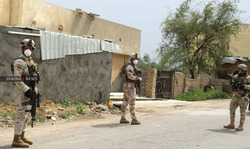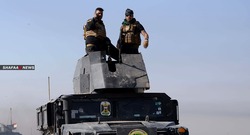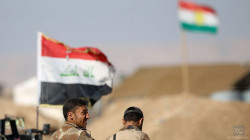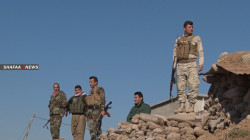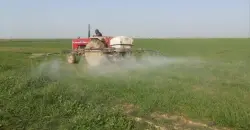Threat to Iraq’s water: Diyala official on illegal wells
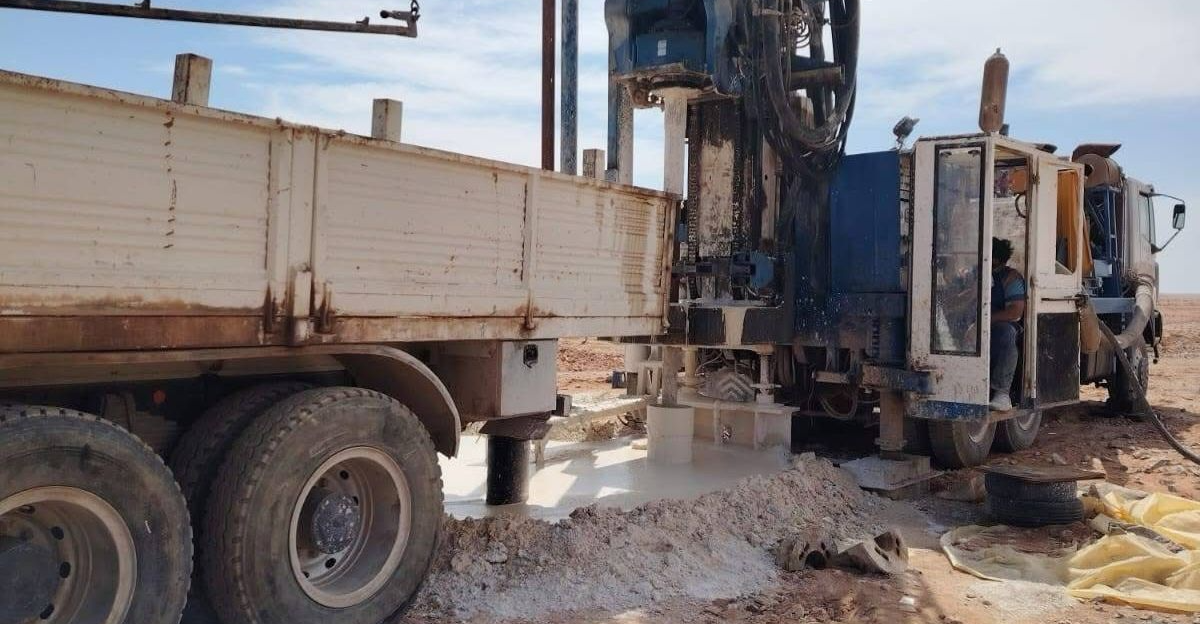
Shafaq News/ As water scarcity deepens in Diyala, officials are sounding the alarm over illegal well drilling, warning that unchecked extraction is accelerating the depletion of groundwater across the province and beyond.
Bassem Khalaf, Director of the General Authority for Groundwater in Diyala, told Shafaq News that unauthorized drilling often ignores technical standards and legal procedures, posing a direct threat to Iraq’s long-term water security.
While inspection teams continue to monitor agricultural areas, Khalaf noted that many violations occur at night to avoid detection. “There’s a ban on the movement of unlicensed drilling equipment, but it is not strictly enforced,” he said, adding that recent crackdowns have led to the seizure of rigs in Jbara, Qara Tapa, and Al-Azim.
“Some wells are linked to politically connected groups using them to supply fish farms—projects that consume large volumes of groundwater,” the official explained, pointing out that authorities have recently dismantled several of these operations, seized over six unregistered rigs and cut off electricity to illegal sites.
Khalaf also stressed the need to regulate all groundwater extraction through proper studies and permits.
Notably, Diyala’s water crisis is part of a broader national emergency, fueled by declining rainfall, mismanagement, and upstream dams built by Turkiye and Iran, which have reduced Iraq’s water inflow by an estimated 70%.
Iraq ranks among the countries most affected by climate change, with the UN reporting that 17 of 22 Arab nations fall below the water poverty line.
According to the 2019 Water Stress Index, Iraq could face a future without flowing rivers by 2040. In drought years, water availability can drop to 44 billion cubic meters—far below the annual demand of 70 billion.
